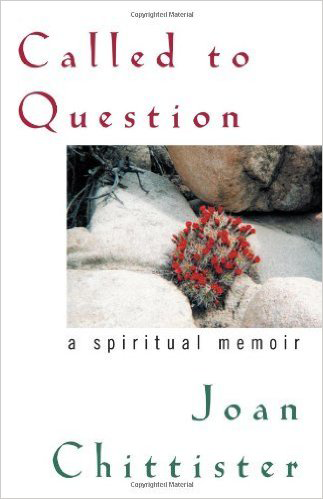A heresy of the times
Today prophets of pietism tell us to “pray for peace” and “pray that God’s will be done.” And this is certainly important. But they do not  demand that we ourselves do something to ensure either. Instead, the professional pietist in us acts as if the Book of Genesis, with its emphasis on personal responsibility, had never been written. We fool ourselves into believing that we are supposed to live in this world as if we were living in the next. We create a devil’s den of complacency and call it the spiritual life. We make quietism the ideal of the age.
demand that we ourselves do something to ensure either. Instead, the professional pietist in us acts as if the Book of Genesis, with its emphasis on personal responsibility, had never been written. We fool ourselves into believing that we are supposed to live in this world as if we were living in the next. We create a devil’s den of complacency and call it the spiritual life. We make quietism the ideal of the age.
Every era manufactures a heresy proper to the times. Quietism is ours. We call it “separation of church and state” now, but the effects are basically the same. Rather than defend the original meaning of the proposition that no single religion shall be our state religion, we misuse the concept to silence ourselves in the name of spirituality. We ignore the public arena and call ourselves “spiritual” for doing so. We silence ourselves in the name of spirituality. We remove ourselves from things that are “passing.” We aspire to “higher things” than civil justice or care for the oppressed. We forgive ourselves our disinterest in the questions of our age on the grounds that those things have nothing to do with being Christian. Only the laws and the customs have something to do with being Christian, we argue, not the gospel.
If there is a major problem in spirituality today, it may be that we do not do enough to form Christians for resistance to evil. We form them for patient endurance and for civil conformity. We form them to be “good” but not necessarily to be “holy.” In the doing of it, we make compliant Christians rather than courageous ones, as if bearing evil were more important than confronting it. We go on separating life into parts, one spiritual, one not.
This tension between what is profane and what is spiritual makes all the difference between a holy life and a pious life. The pious life seeks spiritual consolation, a kind of otherworldly disinterest in the secular city. The holy life, if Jesus is any model at all, understands that one without the other is bogus. To be holy on earth we must pursue spiritual fulfillment in the midst of the sacred secular. This awareness of the prophetic power of the spiritual brought me face-to-face with the need to come to grips with a spirituality of resistance. It is, I decided, the relationship between power and justice that makes all the difference between seeking the kingdom of God and seeking spiritual self-satisfaction.
—from Called to Question: A Spiritual Memoir by Joan Chittister (Sheed & Ward)
